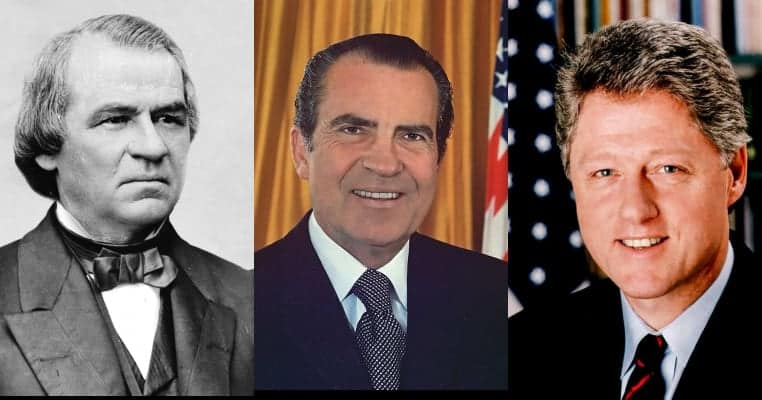Impeachment seems to be the big word of the day, especially considering that Donald Trump is arguably the most controversial president in the 21st century. Read on to learn more about the process of impeachment and the presidents who already went through it.

